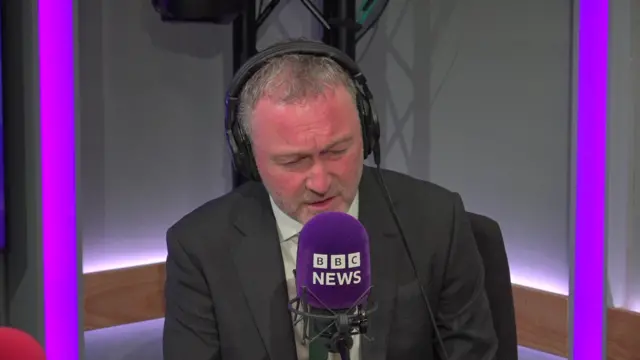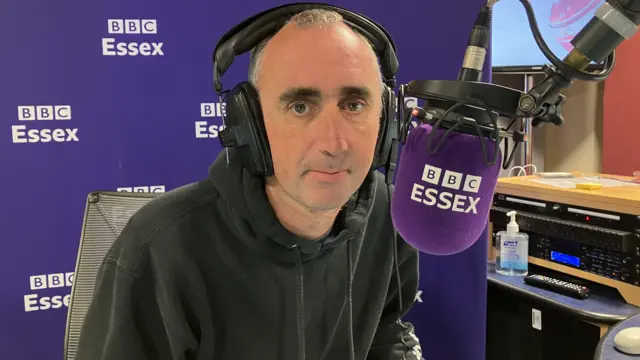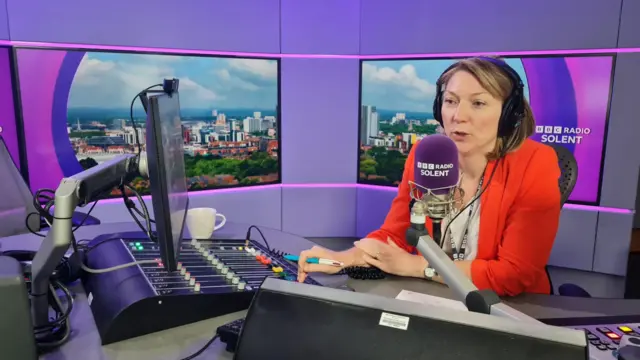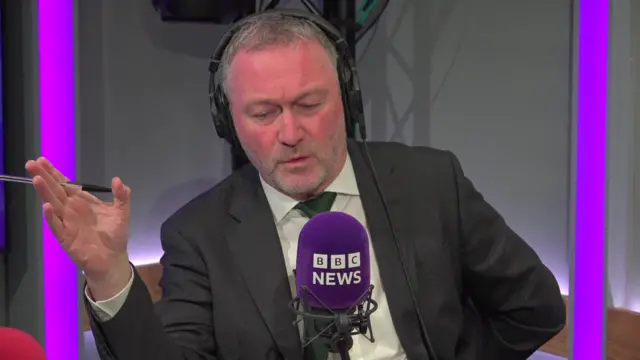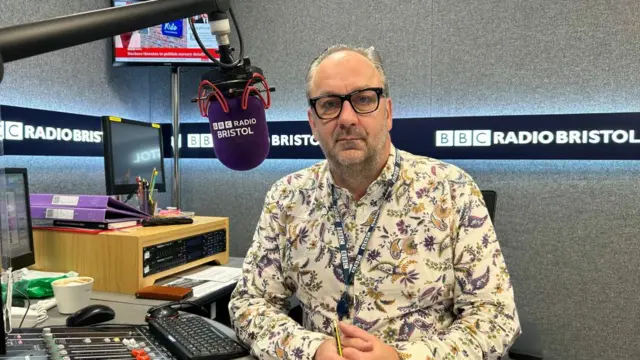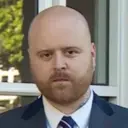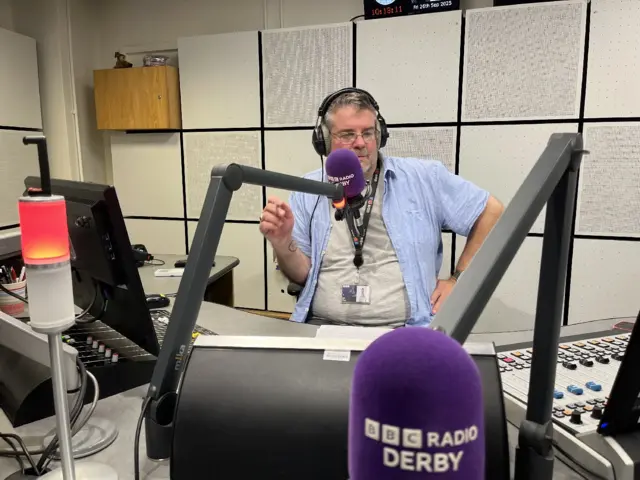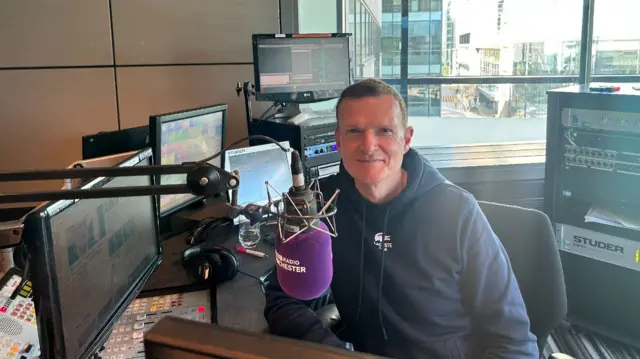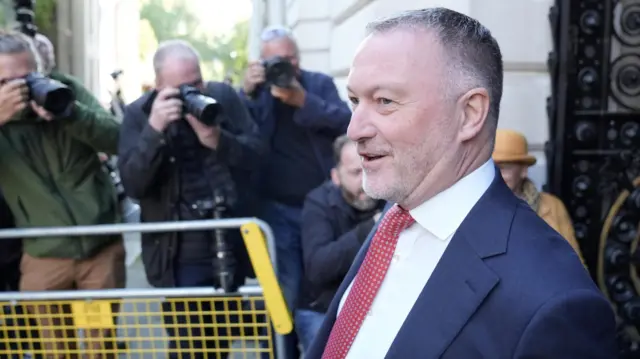Reed quizzed on funding for 'overlooked' communities and digital IDpublished at 12:24 BST 26 September
Housing Secretary Steve Reed has wrapped up his round of quickfire BBC local radio interviews. Here are some of his key lines from them:
- Kicking things off, Reed was asked about Andy Burnham as a potential challenger to the Labour leadership. Downplaying speculation, he says Burnham has been doing a "fantastic job as mayor of Manchester" and has a "few more years to run in that job"
- Addressing the government's new £5bn investment for 339 "overlooked" communities across the UK, Reed says local people will have more power to decide what their High Street looks like - from limiting numbers of vape or betting shops to the compulsory purchase of empty shops
- Reed was asked if he was "backing a loser" with his support of Sir Keir Starmer amid concerns of illegal migration and the rollout of compulsory ID cards. "We're already starting to see change happen," he says, adding Starmer had "picked the Labour Party off the floor and led us to a landslide"
Challenged about the digital ID's effectiveness, Reed says it would make it harder for illegal migrants to come to the UK and "settle, find work, to get a home, without being found out".
He also says a rise of antisocial behaviour in the south of England is "out of control" and called for more police intervention. He says government funding to take over empty shops and turning them into things like youth centres could help get young people off the streets.
That brings us to the end of our live coverage, thanks for staying with us.

